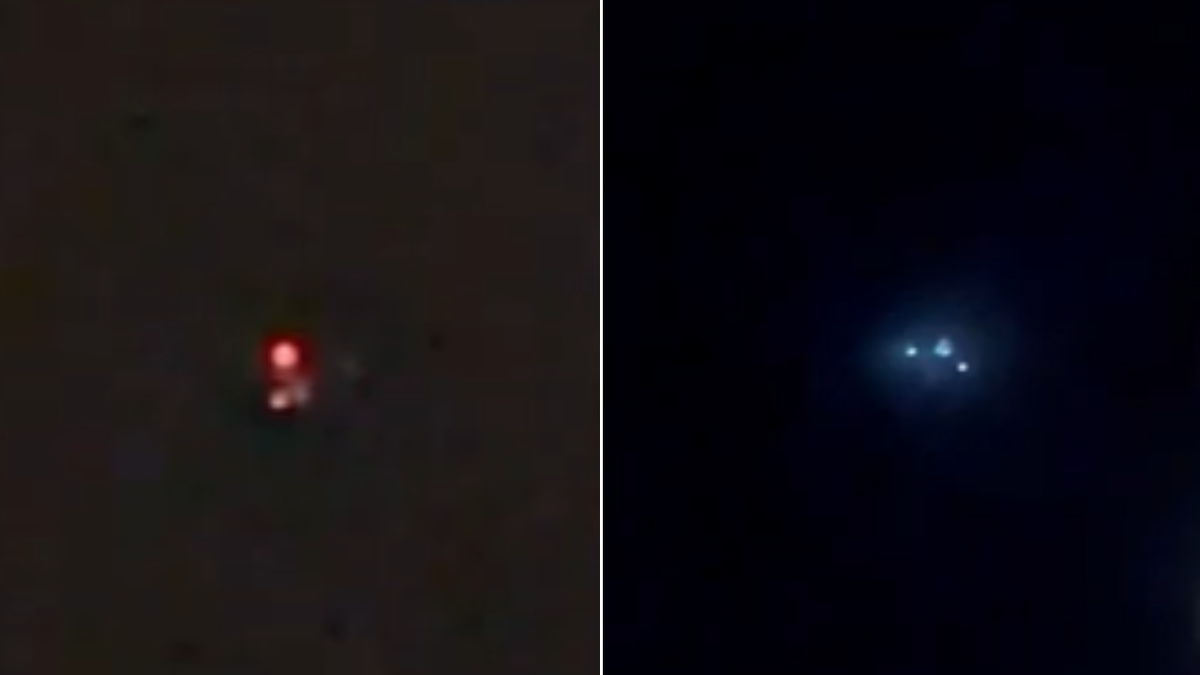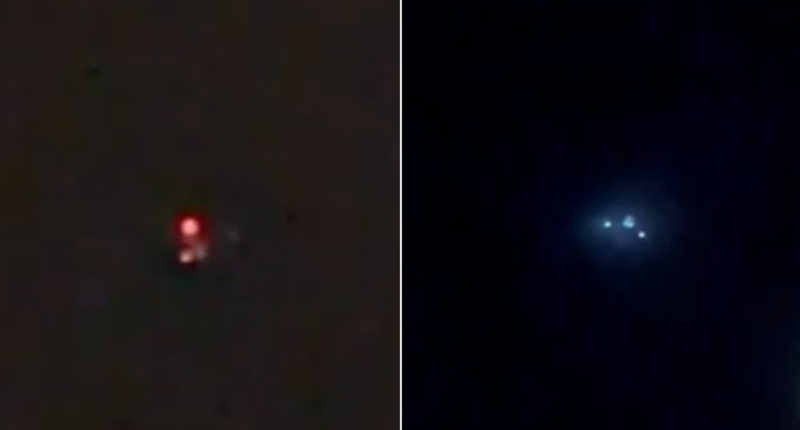New Jersey authorities have insisted that sightings of SUV-size drones for the past several weeks do not present a threat to public safety, but military analysts say the lack of clear answers from the government points to a larger problem.
These large drones have been spotted over the skies of the Garden State with smaller, more rapidly maneuverable drones, resembling what’s referred to as “drone motherships” that have been deployed in Ukraine, Russia, and China, Fox News contributor Brett Velicovich said. The motherships launch smaller drones, which do not have the necessary range-antennas to carry them a further distance. That suggests, according to Velicovich, that a foreign adversary could be at play in New Jersey.
The Jersey sightings resemble SPV drones, which Ukraine uses to conduct about 70 to 80% of the strikes on the front lines, Velicovich said. RPG weapons, such as mortars or grenades, are attached to the fast-moving SPV drones.
“It doesn’t matter if the drone doesn’t have a bomb on it to explode. The damage that these things can cause from a collection standpoint can set countries back years,” Velicovich, a former special operations intel analyst and drone expert, told Fox News Digital. He explained that drones can be outfitted with various sensors to detect cellphone coverage, pick up IP addresses and different frequencies in the air and nuclear radiation.
Though the origin of the drone sightings has not been determined, and the work of foreign adversaries remains a possibility, Ken Gray, a former FBI agent and military drone expert, told Fox News Digital they could also be a result of a utility company using drones to check their power lines for fraying, the Forest Service potentially checking trees for nighttime infestation or potentially agricultural activities.

The drone was seen over North Jersey on Tuesday. (Nicholas Lordi)
More investigation is needed, but Gray argued that the size of the aircraft spotted in New Jersey skies indicates it is not likely to be hobbyists behind them.
“You cannot just shoot down a drone because you don’t know the origin of it. And so the fact that nobody has shot one of these down is a good thing,” Gray said. “That’s something that would be a pretty, pretty risky step to take at this point. Instead, you need to identify where it’s originating from and where it’s being recovered from and find out who is operating that.”
New Jersey sits along the eastern seaboard, as does Langley Air Force Base in Virginia, where 17 unmanned vehicles traipsed into restricted airspace last December. The Pentagon this week announced a new counter-drone strategy following the spate of drone incursions near U.S. bases, including in the United Kingdom, but did not cite the ongoing investigation spearheaded by the FBI into what is happening in New Jersey.
Velicovich and Gray both stated that drone production outsourced to China poses a national security risk.
As most drones are manufactured by the Chinese technology company DJI, Gray said there is concern that the data or images collected could be transmitted back to China as surveillance.
Noting the Ukrainian army’s successful use of what once were “hobbyist level” drones as weapons platforms to fly up to and essentially blow up Russian armed vehicles, Gray said there’s also a real danger of this technology expanding domestically.
“As far as local law enforcement goes, local law enforcement does not have the capabilities of handling the threat of a drone if it were being used as a weapon system at this point,” Gray said. “Most police departments would rather rely upon a shotgun to try to take it down as opposed to any other weapon system.”
The U.S. Secret Service does have anti-drone capabilities, as does the U.S. Navy, but most local law enforcement does not, Gray said.
Despite having the technology, the Secret Service did not have their counter-drone systems up and running ahead of the July 13 assassination attempt against Trump, Velicovich said, arguing that authorities have major catching up to do.
“The writing on the wall is that drone technology can be used in the wrong way, can be very damaging to us, and we have yet to put the proper funding and bring in the real experts that are dealing with this every single day that, you know, at our government level,” Velicovich said. “We’re years behind China. We’re years behind Russia. A lot of other countries see how valuable that tech is.”
















